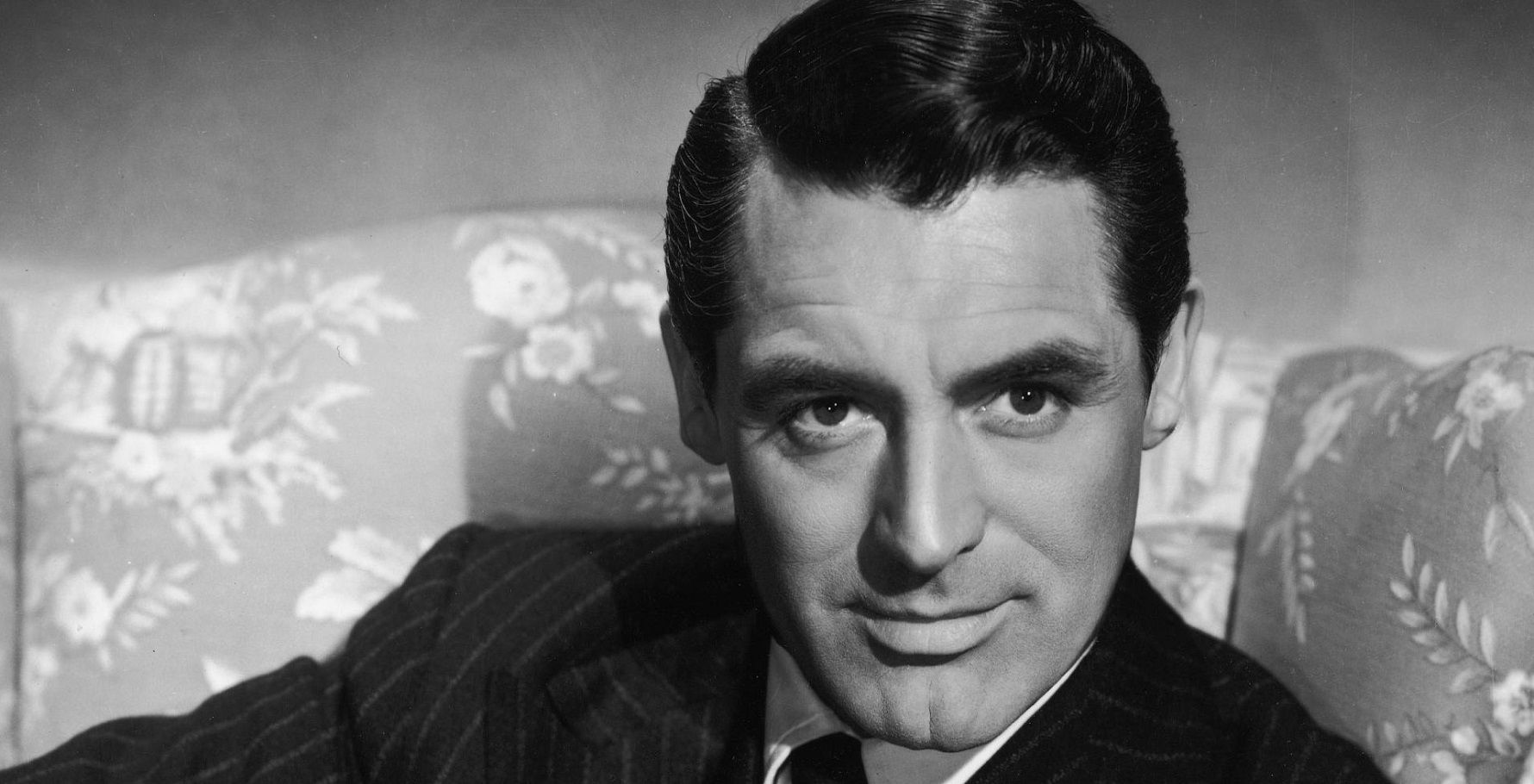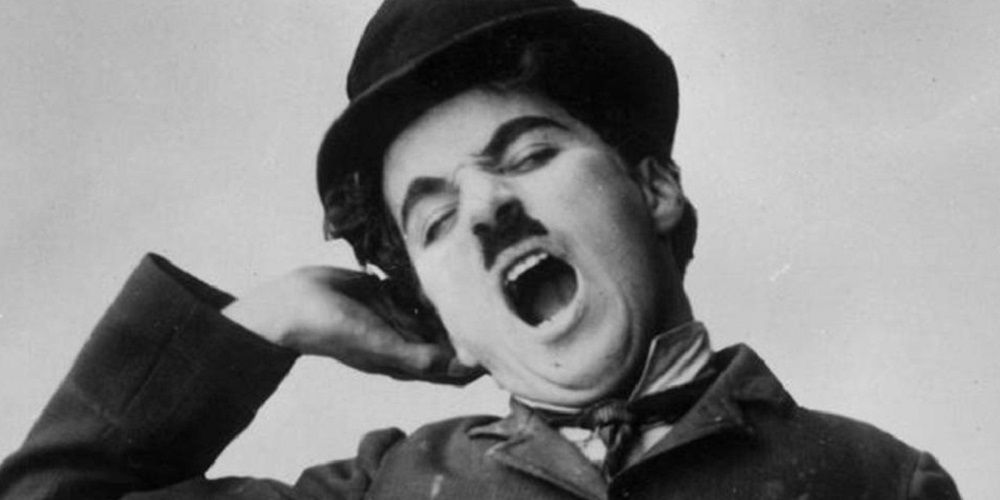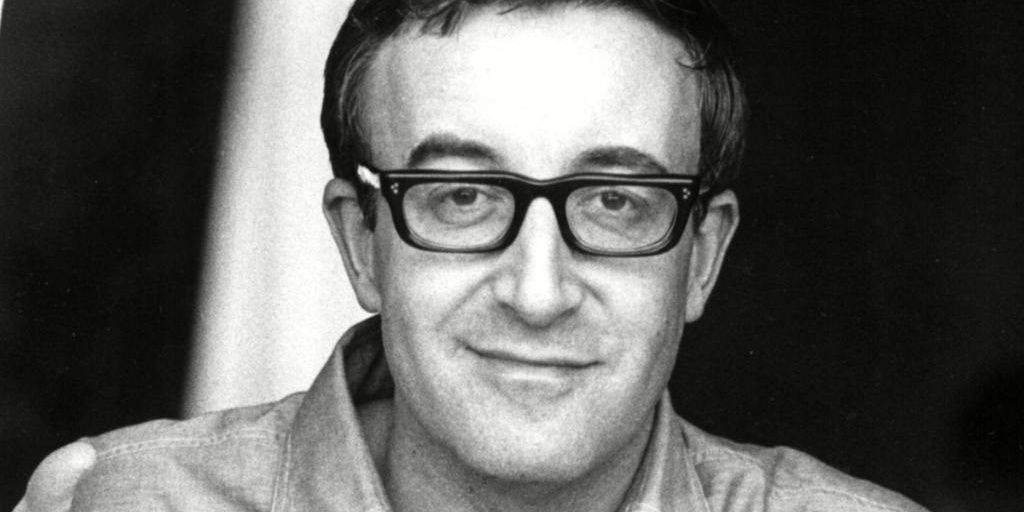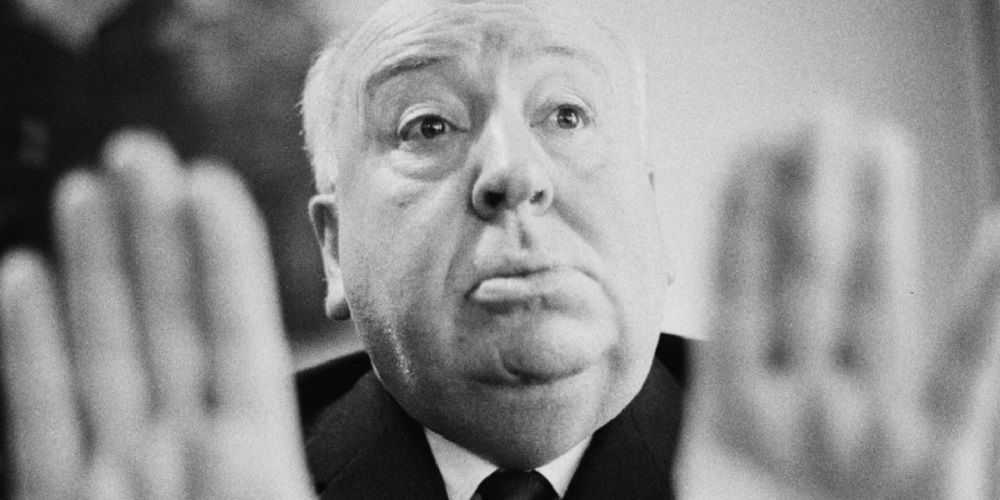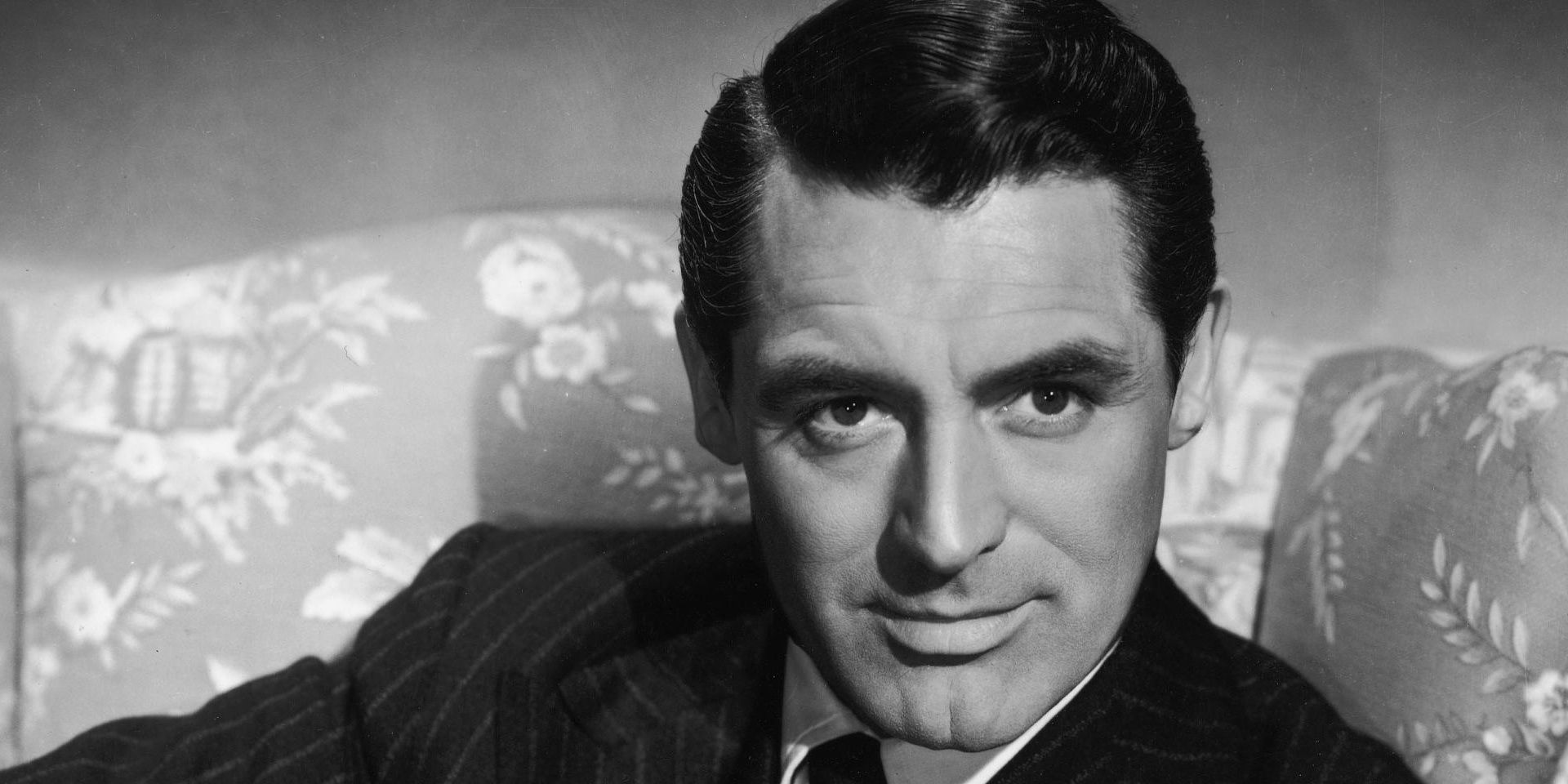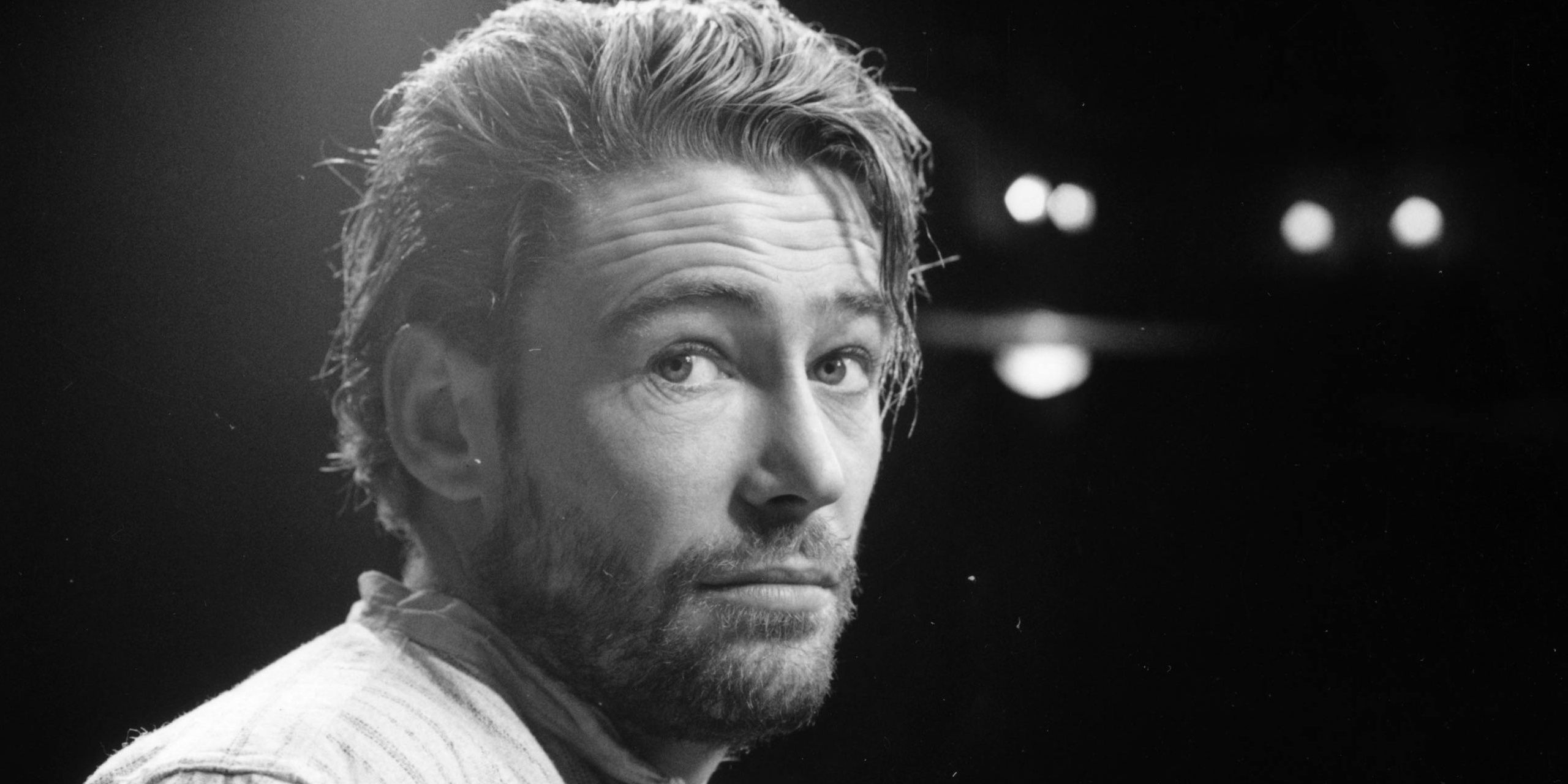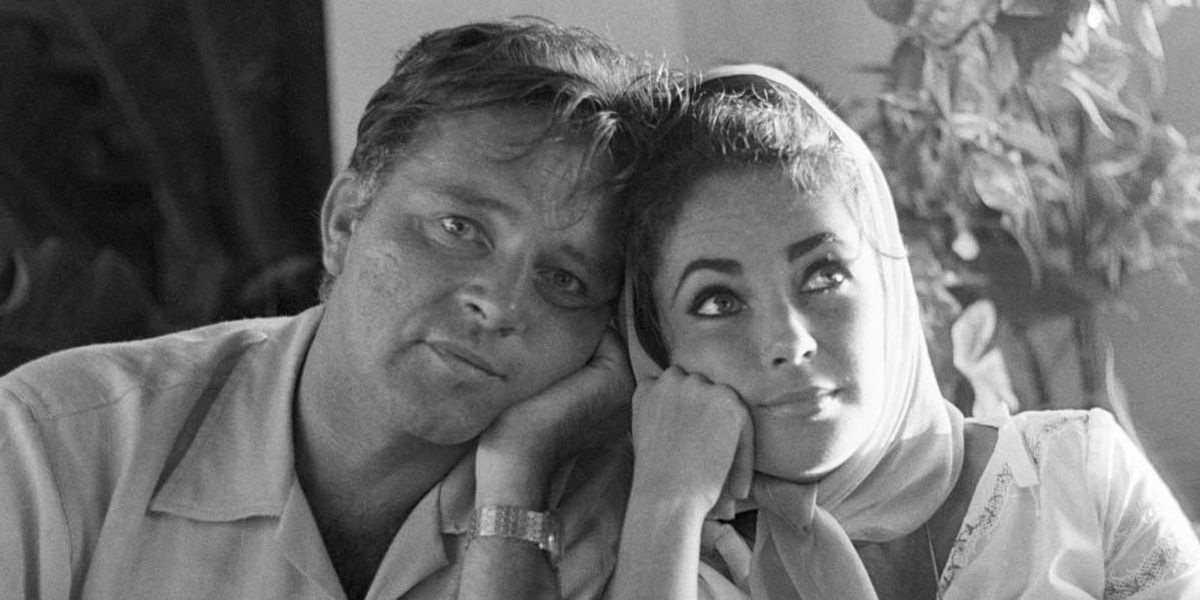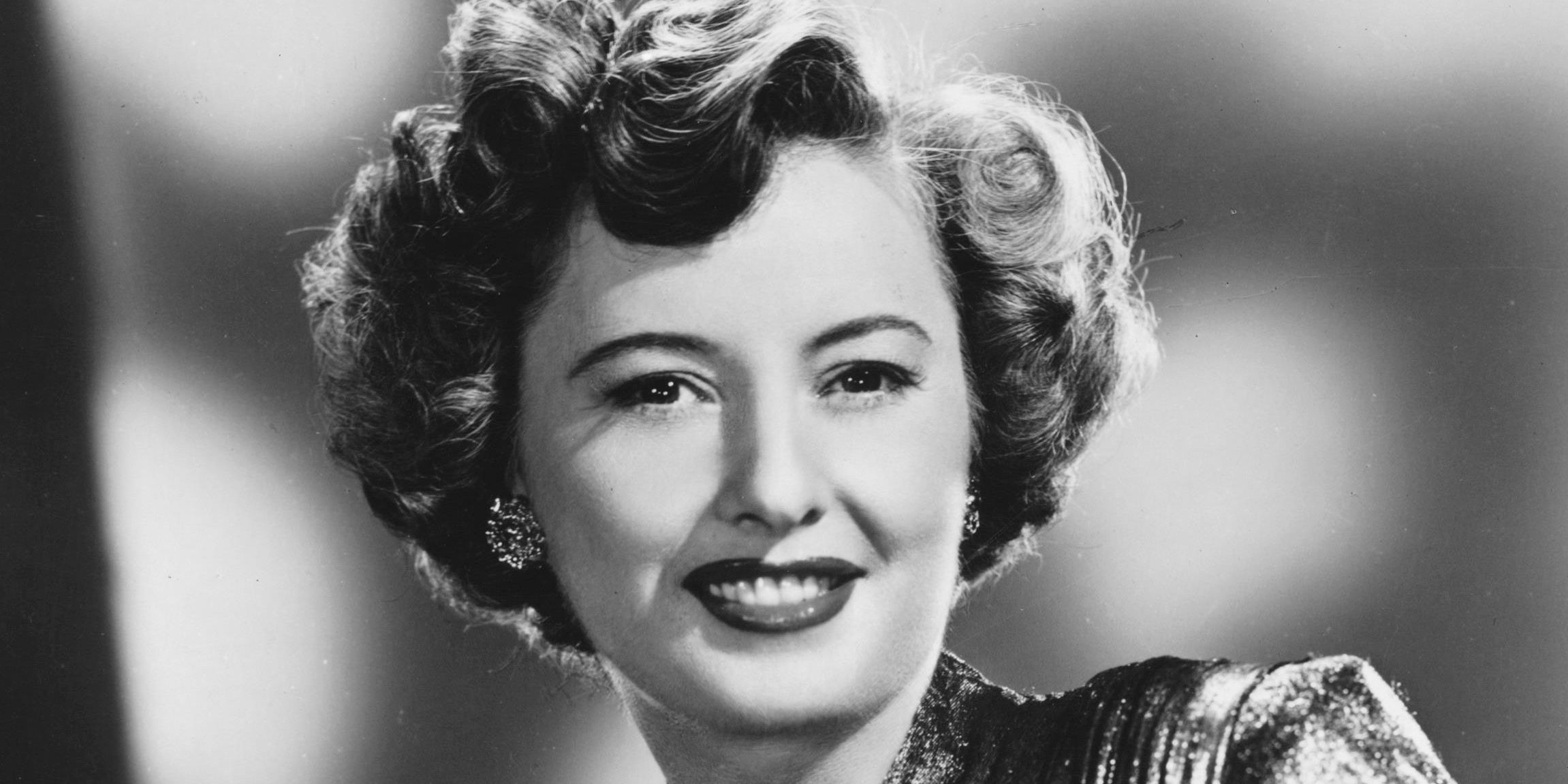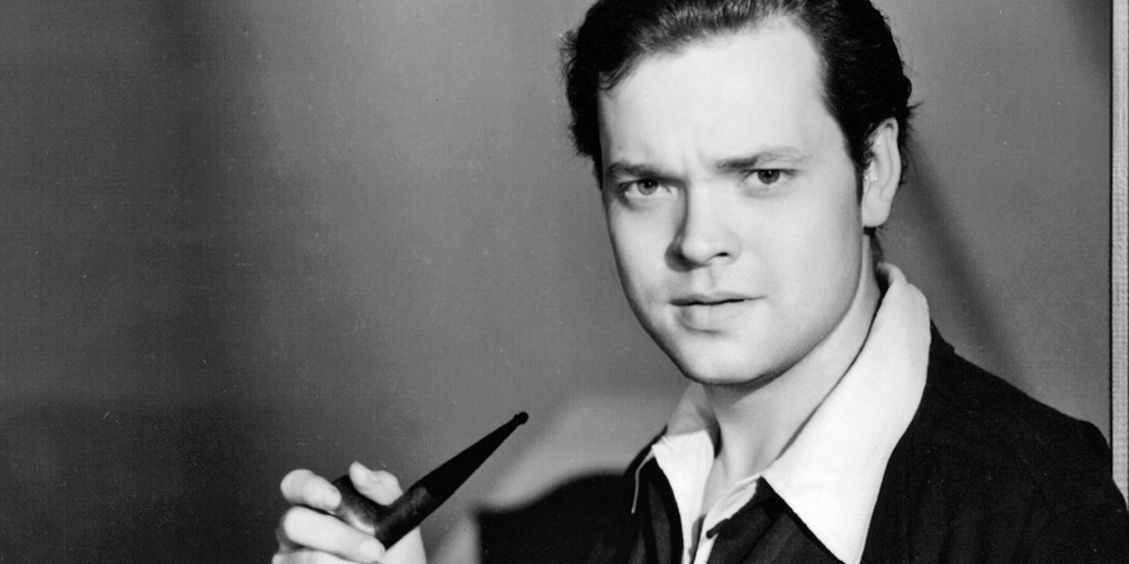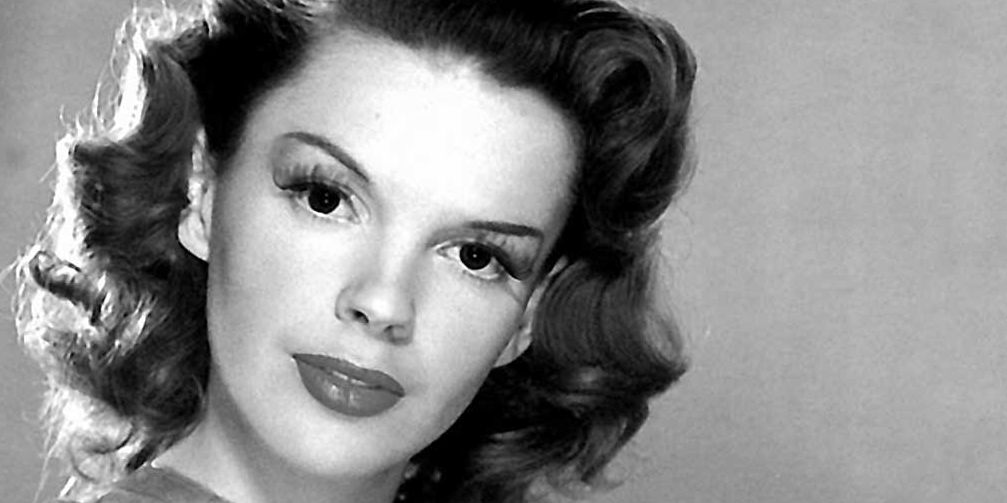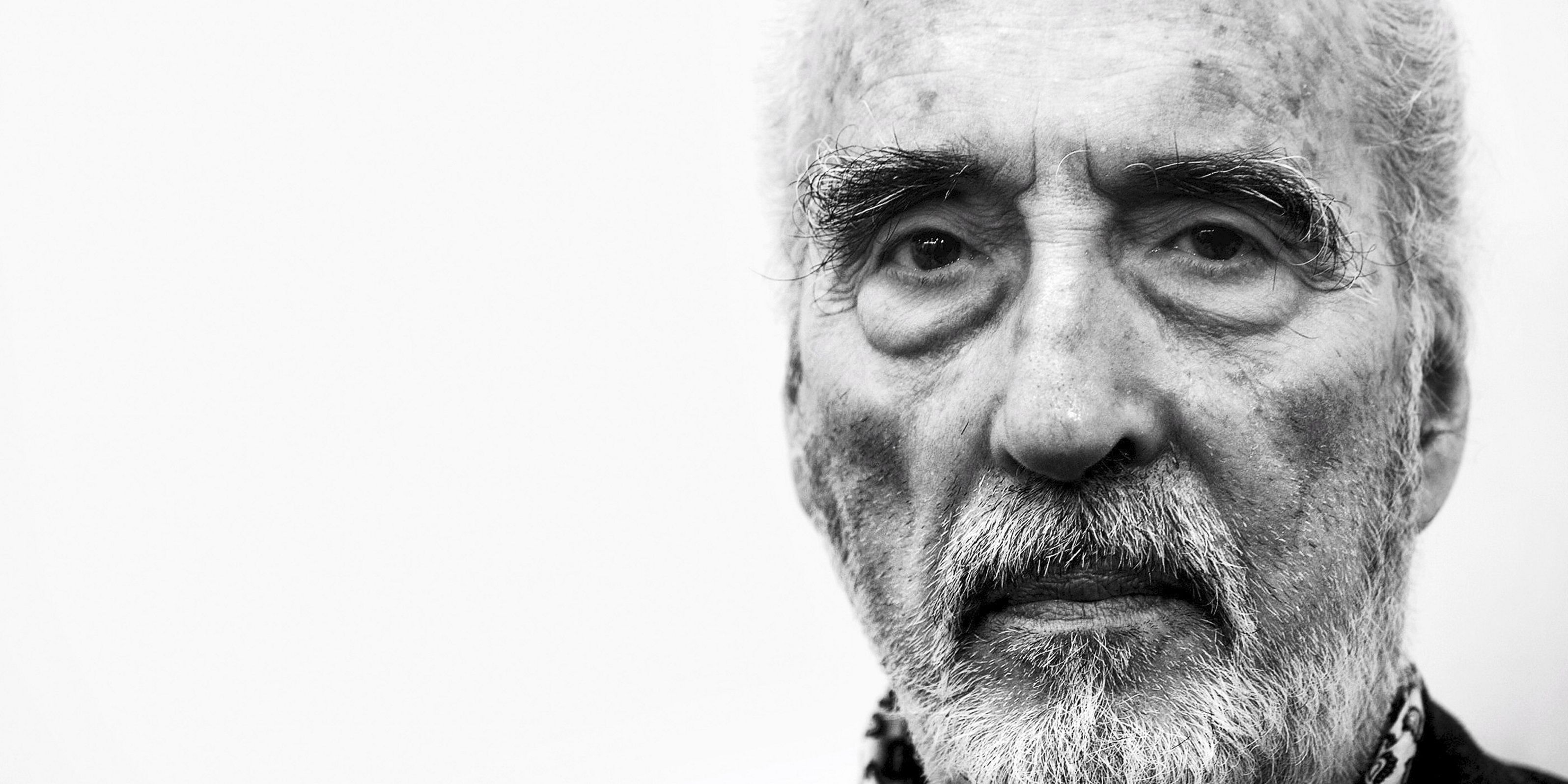People lament how out of touch the Oscars have become, but since its first ceremony all the way back in 1929, the Academy of Motion Picture Arts and Sciences has proven itself a horrible predictor of a film's/actor's/director's lasting impact and legacy.
For every "well-deserved" Oscar win, there are a handful of appalling oversights, and in no case is that truer than in looking at the careers of some iconic and important, but unrewarded, talent from Hollywood history. Below are ten Actors and Directors who never nabbed a little gold man... or at least, not the one they deserved!
Charlie Chaplin
Not only is Charlie Chaplin as iconic as Mickey Mouse and Superman, but he was also a consummate artist and one of the most revolutionary and important figures in the history of narrative film. Rising in prominence during the medium’s silent era, he became a pioneering voice as the first film-maker to popularize feature-length (as opposed to short-form) comedy.
Technically, Chaplin was an Academy Award winner, but the two honorary statuettes and the single “Best Score” award he won in 1972 for Limelight (which he shared with Ray Rasch and Larry Russell) are faint praise for one of cinema’s early luminaries who made the movies more than mere entertainment, but a viable art form.
Peter Sellers
Peter Sellers is easily one of the best-loved comic screen actors of all time. Regarded by some as the greatest comedian since Chaplin himself, Sellers was most famous for his darkly humorous turns in Stanley Kubrick's Lolita (1962) and Dr. Strangelove (1964) as well as the later Pink Panther series.
Sellers would often assume multiple roles in a single film, disappearing so thoroughly that it’s often difficult to tell that they’re Sellers at all. He was nominated for Best Actor twice, but as is the case with so many comedians, he had no chance at winning Oscar gold despite his unmatched legacy.
Alfred Hitchcock
A man who needs no introduction, whose name is synonymous with thrills, cameos, and smashingly good film-making, Alfred Hitchcock may be the most recognizable director on this list, and for good reason. In a career spanning six decades, he directed over fifty movies, successfully transitioning from silents to talkies and emerging as arguably the most influential film-maker of the 20th century. Dubbed the “Master of Suspense”, Hitchcock created a cinema of constantly inventive anxiety and intrigue. Hitchcock was able to apply his Swiss watch-like craftmanship to any project and execute it in high style.
He was nominated for “Best Director” five times in his career, finally being recognized with the Irving G. Thalberg Memorial Award in 1968. It’s galling that he never received “Best Director,” but being nominated with the likes of John Ford, William Wyler, Elia Kazan, shows just how unparalleled Hollywood’s golden age really was.
Cary Grant
One of Hollywood’s all-time-greatest leading men, Cary Grant was the definition of urbane cool in the 30s and 40s. Noted for his chilly-though-charming demeanor and ace comedic timing (which was brilliantly showcased in The Awful Truth, Bringing Up Baby and The Philadelphia Story), he was also a strong dramatic performer, bringing his particular je ne sais quoi to a handful of Hitchcock thrillers and Stanley Donen’s Charade during his post-War “slump.”
Grant was nominated for a mere two Best Actor Oscars during his career, both in the 40s.
Peter O'Toole
One of the most-nominated actors of his generation to never receive a statuette, Peter O’Toole went to his grave within spitting distance of Oscar gold. The theatrically-trained Irishman received his first Best Actor nominations for playing the title role in David Lean’s Lawrence of Arabia (1962), a legendary epic and one of the greatest films ever made.
He would continue to be nominated seven more times over the next forty-five years, receiving his final Oscar nod for Roger Michell’s Venus at the age of 74. Though he worked on a few more projects afterwards, he announced his retirement from acting in 2012 and passed away the following year.
Richard Burton
Richard Burton was one of the most celebrated dramatic actors of his era. A Welsh actor known for his smooth baritone voice, he first garnered attention as an accomplished Shakespearean actor who was said to be the heir apparent to Lawrence Olivier. Though this promise went largely unfulfilled, he became one of the highest paid actors in the world in the mid-60s, due in large part to the tabloid drama surrounding his relationship with Elizabeth Taylor.
Though not always well-respected, Burton was no slouch when it came to Oscar noms. He has nominated a total of seven times, but, of course, never won, which may well have been due to the lack of respect Academy voters had for his rakish ways.
Barbara Stanwyck
Sometimes called “the greatest actress to never win an Oscar”, Barbara Stanwyck is still something of a hidden gem from Hollywood’s Golden Era. Sure, film buffs know her work from Billy Wilder’s seminal noir, Double Indemnity, and some may recognize her from the cornball yuletide classic, Christmas In Connecticut, but by and large, she’s rarely listed among the biggest stars or glamor queens of the era.
This is somewhat baffling, as she made 85 films over her 38 years in Hollywood, and could act loops around just about any of her contemporaries. Plucky and earthy with a forward-pointing, naturalistic camera presence, Stanwyck was sheer perfection in everything from screwball comedies to thrillers and scored a total of four Oscar noms in the 30s and 40s.
Orson Welles
Ask any movie lover/maker who the greatest director of all time is, and you’re likely to get one of three answers: Kubrick, Hitchcock, or Orson Welles. Only Welles, however, was a film-maker as important to the medium as D.W. Griffith or Sergei Eisenstein in that he created many of the techniques still used today and received very little adulation for it.
His debut feature, Citizen Kane (for which he received three nominations and won... for screenplay) is considered so apocryphal that it’s become shorthand for the “greatest of” something in any medium. If we don’t even take the rest of his incredible directorial career into consideration, even that first film would be enough to prove that Welles was an auteur before anyone even really knew what the term meant, and the fact that he was never again even nominated shows how deeply out of touch the Academy has always been.
Judy Garland
There are movie stars, and then there’s Judy Garland: an entertainer so bright, so iconic, it seems impossible to believe that she wasn’t born fully-formed in some Dream Factory lab. For many, Garland was (and still is) the poster-child for Hollywood in all its glamour and cruelty, an average American girl who was both made and broken by the star machine. Her personal struggles are well documented, but less spoken about is the depth of her powers as an actress. Two of her most acclaimed performances were in A Star Is Born (1954) and Judgement At Nuremberg (1961).
These were the only two films for which she’d receive Oscar nominations before her death in 1969 at the age of 47. In her immense talent and tragic end, Garland was, is, and always will be a symbol for Hollywood itself.
Christopher Lee
Christopher Lee may not be quite as well-regarded as the rest of the actors on this list, but the fact that he was never once nominated for an Oscar is shocking by any standard. The English actor became duly famous for his frequent turns as villainous characters.
Most notably, he was Hammer Film Productions’ go-to Dracula, antagonized Roger Moore in The Man With The Golden Gun, and late in his career became a hero to geeks everywhere for his roles in the Star Wars prequels and Lord of the Rings trilogy. A true journeyman with unbeatable presence, Lee was a screen icon who never quite got as much praise he deserved.

